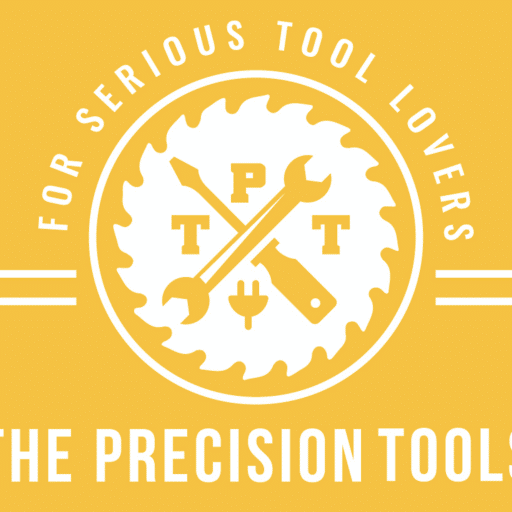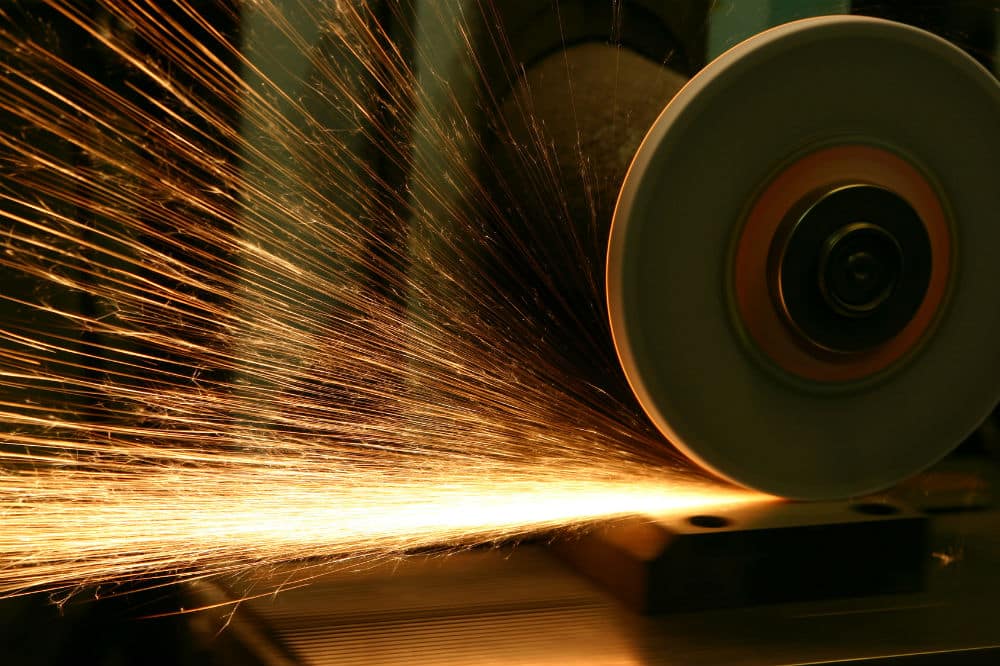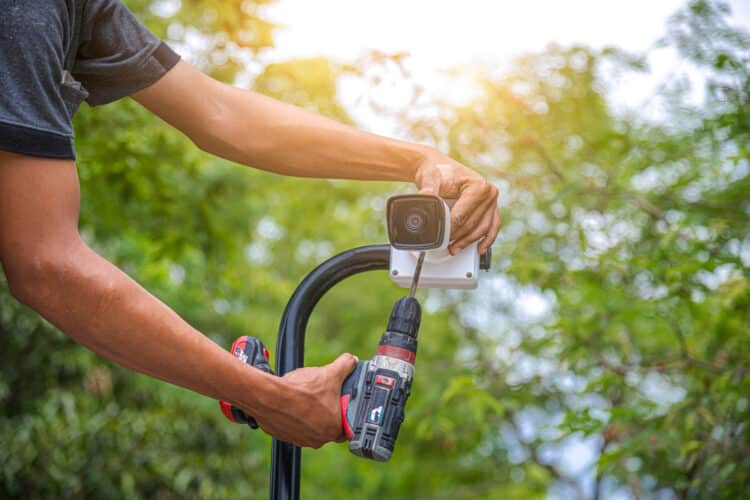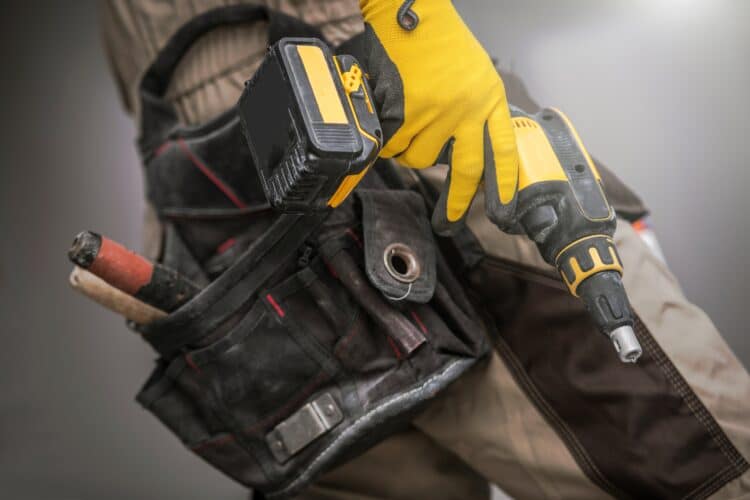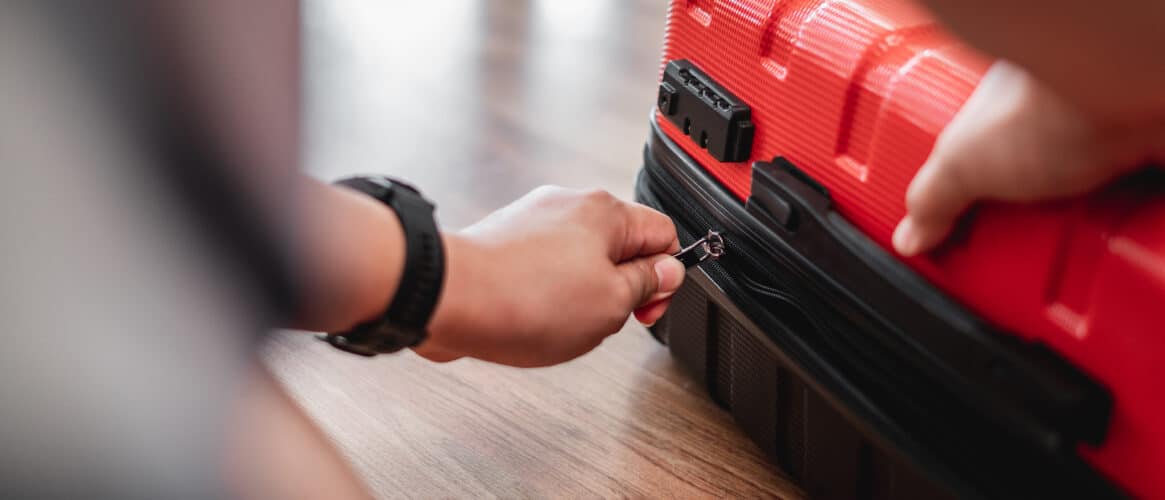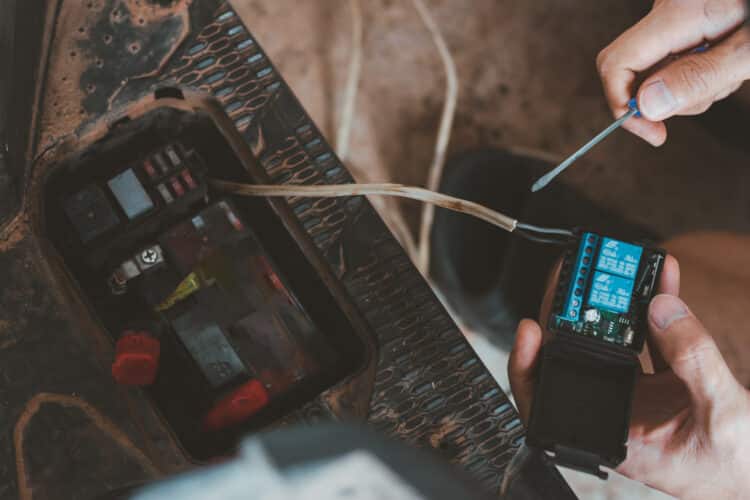If you’re a newbie woodworker and home shop DIY hobbyist, it’s always a good idea to ask more experienced DIY vets about what tools you need to get. Lots of them will tell you not to overlook getting a bench grinder. So, what is it? What is a bench grinder good for, exactly?
What is a Bench Grinder?
A bench grinder is a power tool that comes with a powerful motor, a wheel that spins, and a spindle that serves as the axis of the wheel. That’s all there is to it.
However, the very simplicity of the design belies how versatile this tool can actually be for a DIY worker like you. Imagine a wheel that spins as fast as 3,500 revolutions per minute because of the motor. That’s the kind of repetitive force you can’t really replicate by hand. That’s also the kind of force that makes a bench grinder such a useful tool.
It all depends on what kind of wheel you have on your bench grinder. Imagine that the surface of that wheel edge is like sandpaper. With the wheel spinning so quickly, you can easily see just how it can shape and repair various items in no time at all. Or, you can have a soft cloth at the wheel edge and you’ve got a heck of a buffer instead.
You Can Use It to Shape Your Tools
Let’s say your tools are severely deformed or you have a metal work piece with a shape you want to change. You can use rough stone on the wheel edge to shape the tool to the way it’s supposed to be. You can also change the shape of your metal work piece before the welding or fitting process.
If you haven’t grasped it yet, this machine is a grinder. It will grind away that part you get into contact with the spinning wheel edge. So, you can have some metal piece in one shape and you can grind it into another shape entirely.
You Can Sharpen Your Metal Tools
For this you probably need a fine stone. Have you ever seen one of those old movies set in the medieval period in which the hero runs a stone along the edge of the blade to sharpen it?
This bench grinder uses the same philosophy, except, of course, it runs that stone so much faster than when done by hand. In the movies, it seems like such relaxed gliding of the stone along the edge can end up with a sharp edge after hours of effort. With a bench grinder, it may take a few minutes or less.
In your shop, you may find lots of tools that have dulled over time. With this grinder, you can have them back to their former sharpness. Check out your lawnmower blades. A visit to the grinder for these blades can result in a much better lawn mowing experience.
What else can you sharpen? Get all your cutting tools out and check the cutting blades for dullness. Finding dull tools and making them sharp again is one of the joys of DIY—it’s simple, quick, and you see the results of your efforts.
You Can Get Rid of Rust from Your Tools
There may be a bit of rust on your various tools. That’s what happens when you have metal tools, unfortunately. They tend to rust, especially when you live in a humid region.
Luckily for you, you have a bench grinder. So, all you need is a wire wheel that can get rid of those bits of rust first before you start sharpening those tools.
You may want to do this with a slower speed setting on your grinder. Rust doesn’t really go deep, and with the slow RPM speed you can keep from grinding too much of the material from the surface of your tool.
Of course, once the rust is removed you may want to put some thought into keeping such a problem from coming up again. Seal them in a warm and dry location, and toss in some silica packets as well, so that they can absorb the moisture instead.
Buffing with the Bench Grinder
You can also use the bench grinder to clean and polish your metal pieces and tools. For this you need a buffing wheel. You’ll probably need a buffing compound (rouge) in the wheel too. A bucket of water beside you will also be a good idea.
A buffing wheel has a soft cloth that can polish and clean your metal. But just because you don’t have any metal-to-metal contact doesn’t mean that your metal won’t get hot anyway. So, you can dip the metal in the water when it gets hot, just to be on the safe side.
So what about you? If you already have a bench grinder, how have you been using it? What is a bench grinder good for in your case? Tell us about the imaginative ways you’ve been using your grinding machine—don’t hoard that knowledge!
